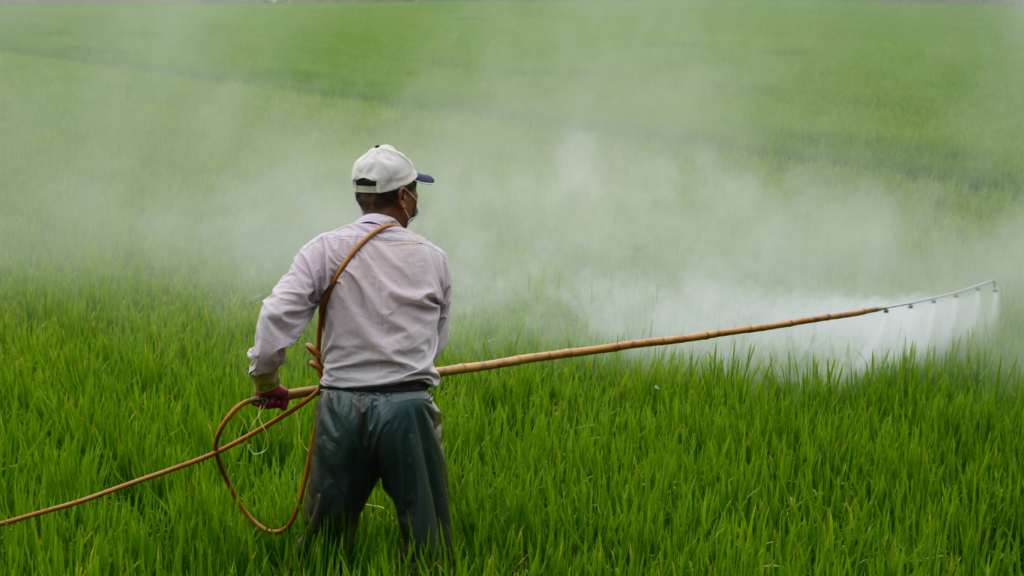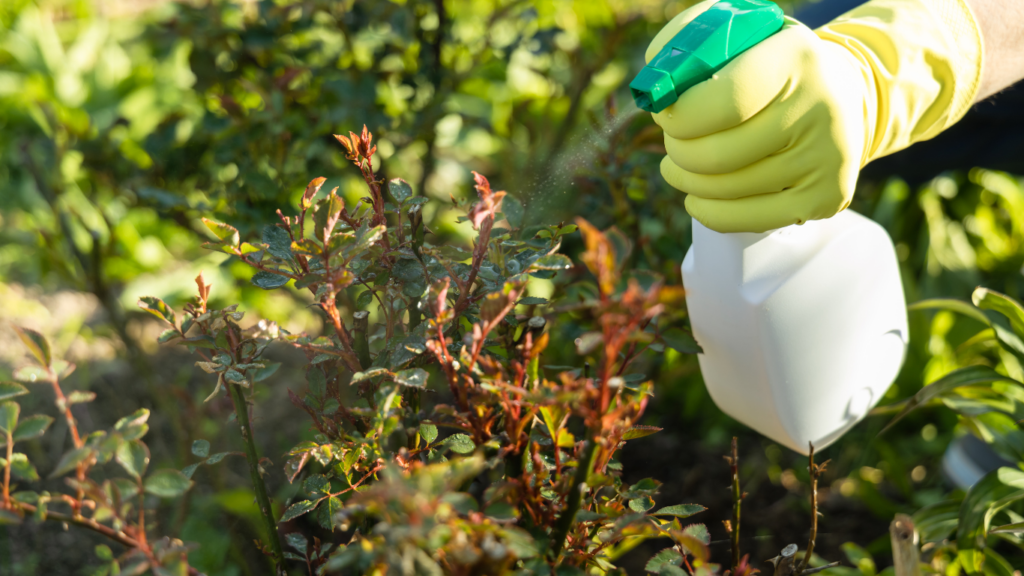In the bustling landscape of urban agriculture, finding sustainable pest control solutions is paramount for maintaining a healthy ecosystem. As an advocate for eco-friendly practices, I delve into the realm of pest management in urban farming to explore innovative and environmentally conscious methods.
Navigating the delicate balance between protecting crops and preserving the environment can be a challenging task for urban farmers. In this article, I’ll share insights and strategies on how to implement effective pest control measures without harming the ecosystem. From natural predators to organic repellents, there are a plethora of eco-friendly options available to tackle pest issues in urban agricultural settings.
Join me on this journey as we uncover the world of eco-friendly pest control solutions tailored specifically for the unique challenges faced in urban agriculture.
Understanding Eco-Friendly Pest Control
I understand the importance of sustainable pest control solutions when it comes to urban agriculture. Here, we delve into the significance and key principles of eco-friendly methods for effectively managing pests in urban farming settings.
Why It Matters for Urban Agriculture
In urban agriculture, maintaining a balance between crop protection and environmental sustainability is crucial. Implementing eco-friendly pest control measures helps preserve the delicate ecosystem in urban areas. These methods not only protect crops but also promote biodiversity and overall environmental health.
Key Principles of Eco-Friendly Methods
The key principles of eco-friendly pest control revolve around minimizing harm to the environment while effectively managing pests. These methods prioritize prevention strategies, encouraging natural predators, using organic repellents, and promoting biodiversity to create a sustainable and resilient agricultural system. By embracing these principles, urban farmers can tackle pest issues without compromising the health of the ecosystem.
Types of Eco-Friendly Pest Control Solutions
In urban agriculture, utilizing eco-friendly pest control solutions is crucial for maintaining a sustainable and thriving ecosystem. Implementing innovative methods for pest management that do not harm the environment is key to successful urban farming practices. Let’s explore some effective eco-friendly pest control solutions:
- Biological Control Methods
Incorporating biological control methods involves introducing natural predators like ladybugs or praying mantises to prey on pests that harm crops. By harnessing the power of these beneficial insects, urban farmers can manage pest populations effectively without resorting to harmful chemicals.
- Physical and Mechanical Barriers
Using physical and mechanical barriers such as row covers, netting, or sticky traps can prevent pests from accessing and damaging crops. These barriers act as a protective shield, creating a barrier between pests and plants, thereby reducing the need for chemical interventions.
Botanical and Natural Insecticides
Botanical and natural insecticides derived from plants like neem oil, pyrethrum, or diatomaceous earth offer safe and effective pest control solutions. These natural alternatives target specific pests while minimizing harm to beneficial insects and the surrounding environment.
Implementing a combination of these eco-friendly pest control solutions not only ensures the health of urban agriculture but also promotes a sustainable and biodiverse ecosystem within urban farming environments.
Benefits of Using Eco-Friendly Pest Control
Sustainability and Environmental Impact
Choosing eco-friendly pest control methods in urban agriculture offers multiple benefits. It contributes to sustainability by maintaining a balanced ecosystem where natural predators help control pests, reducing the need for harmful chemicals that can harm the environment. This approach promotes the long-term health of the soil, plants, and beneficial insects, fostering a more biodiverse and sustainable urban farming environment.
Safety for People and Pets
Implementing eco-friendly pest control solutions ensures the safety of both urban farmers and their pets. By avoiding toxic pesticides, which can pose health risks to humans and animals, these methods provide a safer alternative for pest management in urban agriculture. Embracing eco-friendly practices safeguards the well-being of the community and supports a healthier living environment for all inhabitants.
Implementing Eco-Friendly Solutions in Urban Gardens
I emphasize the significance of sustainable pest control solutions in urban agriculture to maintain a healthy ecosystem. Implementing eco-friendly practices is crucial, considering innovative methods for pest management that are harmless to the environment.
Assessment and Monitoring
I recommend conducting regular assessments to identify pest populations accurately. Monitoring helps in observing pest trends and deciding on suitable control measures. By monitoring early, swift actions can be taken to prevent pest outbreaks and minimize damage to crops.
Integration and Maintenance Strategies
I suggest integrating eco-friendly pest control solutions into the overall garden maintenance routine. Combining methods like biological controls, physical barriers, and natural insecticides can enhance pest management effectiveness. Regular maintenance of these solutions ensures continuous protection of crops while preserving the urban garden’s biodiversity.

 Carolyna Riteralo is a passionate contributor to the project, focusing on sustainable urban development. With her background in architecture and urban planning, she provides valuable perspectives on integrating green spaces and eco-friendly designs into urban environments. Carolyna works collaboratively with the team to implement strategies that enhance community well-being and foster a connection with nature. Her dedication to creating greener cities makes her a vital member of the project, as she helps shape initiatives that promote resilience and improve the quality of urban life.
Carolyna Riteralo is a passionate contributor to the project, focusing on sustainable urban development. With her background in architecture and urban planning, she provides valuable perspectives on integrating green spaces and eco-friendly designs into urban environments. Carolyna works collaboratively with the team to implement strategies that enhance community well-being and foster a connection with nature. Her dedication to creating greener cities makes her a vital member of the project, as she helps shape initiatives that promote resilience and improve the quality of urban life.